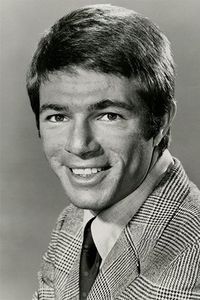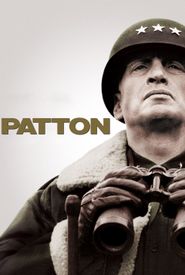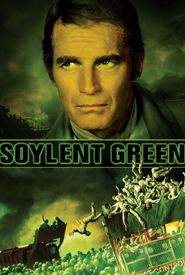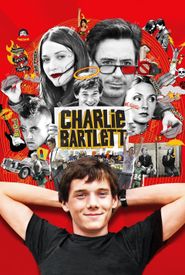Stephen Young was born Stephen Levy on May 19, 1939, in Toronto, Canada, to a financier father. As a naturally gifted teen athlete, he initially signed a professional baseball contract with the Cleveland Indians, but his career was cut short due to a serious knee injury sustained while playing ice hockey.
Young then pursued a career in sales, which led him to radio and TV commercial production. His entry into acting began with a chance role in the iconic film Cleopatra (1963),followed by minor parts in other European-filmed epics, including 55 Days at Peking (1963),The Leopard (1963),and The Fall of the Roman Empire (1964).
Upon returning to Toronto, Young decided to become a full-time actor, initially billing himself under his given name and appearing in leads on daytime and prime-time TV dramas. He starred as Nick King in the adventure series Seaway (1965),a special police force that protected the St. Lawrence Seaway.
In 1966, Young moved to Hollywood and landed the role of young lawyer Ben Caldwell, top assistant to criminal attorney Clinton Judd (played by Carl Betz) in the contemporary series drama Judd for the Defense (1967). Although the series was canceled after two seasons, Young continued to work in film and television, appearing in notable films such as Patton (1970),Soylent Green (1973),Rage (1972),and Lifeguard (1976).
Young also returned to his homeland for film leads in low-budget horror thrillers, including The Clown Murders (1976) and Deadline (1980). Throughout the millennium, he continued to appear in sturdy, authoritarian roles, such as in the crime dramas The Rendering (2002) and The Skulls II (2002),as well as his output on Canadian TV.
Young's recent work includes appearances in the films Charlie Bartlett (2007) and The Angel Inn (2013).
















































